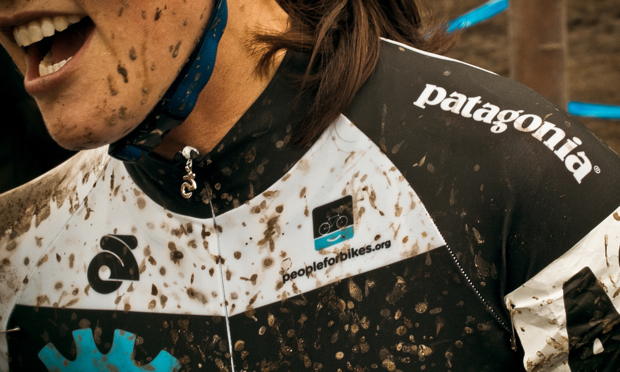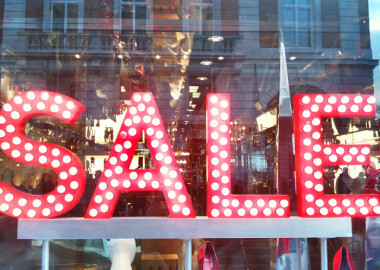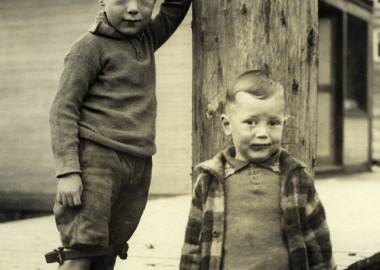
I’m a big believer that sometimes we have to commit to premeditated authenticity. We’ve all experienced the cocktail parties and networking events that can be an endless sea of insipid conversation about the weather. I’m as guilty as anyone of not always being the brave one to go first and volley something more personal into the conversation to turn a watery interaction into a genuine connection. I usually have to psych myself up before I get there; make the decision that I’m going to try hard to be myself, not just an inoffensive, generic version of myself.
But I’m also a pragmatist. We don’t need to all become vulnerability evangelists all the time, downloading our fears and failures on everyone we meet.
I feel the same way about brands. We don’t need the same level of intimacy with brands that we have with our partners. They are there to win and retain our business; that’s our tacit agreement with them, and that’s ok.
But we do want some level of emotional connection with and transparency from our favourite brands. In a recent US survey, 97 percent of respondents believed that “big businesses are generally dishonest.” So the ones that can convince us of their authenticity earn our trust. And if they don’t, we have very little loyalty to them – we will happily shop at their competitor if it’s more convenient, cheaper or faster.
Some brands have embraced authenticity, emotional connection, and even vulnerability. When they promise to do great things for us, we believe them because they’ve admitted to prior shortcomings. That kind of loyalty and connection is the holy grail for any brand so it’s worth taking a closer look at some of these authenticity pioneers.
Patagonia
The Footprint Chronicles is an initiative where the outdoor clothing and gear designer examines its life and habits as a company, and is ultra-transparent about their supply chain, and its environmental and social footprint.
Chipotle
The fast-growing fast-food chain stands for Food With Integrity. Which means things like no GMOs and really simple ingredients. Except their tortillas. They have additives in them to keep them moist and not get moldy. Not good enough, says Chipotle. They’re upfront about the dilemma and how it’s “not perfect” and they update their customers regularly on their progress to finding a way to improve the recipe.
Levi’s
They never saw yoga pants coming. At least they didn’t see them as a threat. 20 years ago the denim empire was bigger than Nike with revenues of almost $8 billion. Now they’ve dropped to $4.8 billion. Their CEO recently admitted: “We’re scrambling. There is a big difference between the product that we’ve got on the floor today and what the consumer is looking for. And we just flat-out missed it.” That kind of blunt acknowledgement is rare from a CEO and goes a long way in rousing empathy among lapsed customers who may be inspired to try Levi’s again, perhaps even feeling like they’re now rooting for the underdog.
In 2014, communications agency Cohn & Wolfe produced “Authentic Brands,” a study of 12,000 people in key markets around the world, including the United States. They asked respondents if they would change their purchasing behaviour for a brand they considered to be more authentic.
In the United States, 68 percent said they would buy a more authentic brand over its competitors.
As we say around here when trying to inspire clients to see the ROI on authentic storytelling…money talks.





